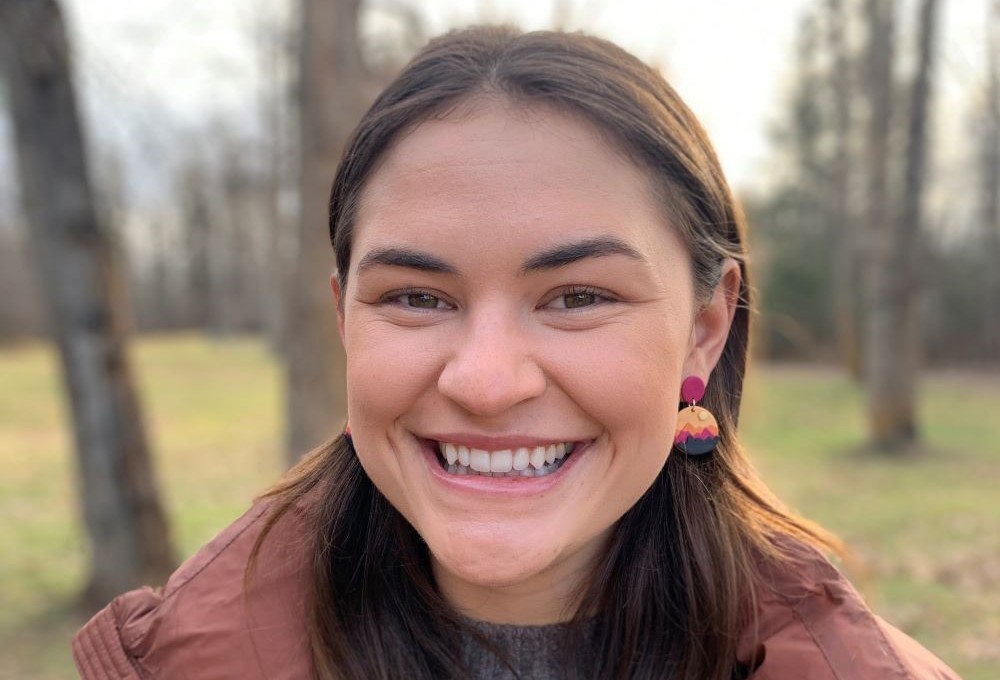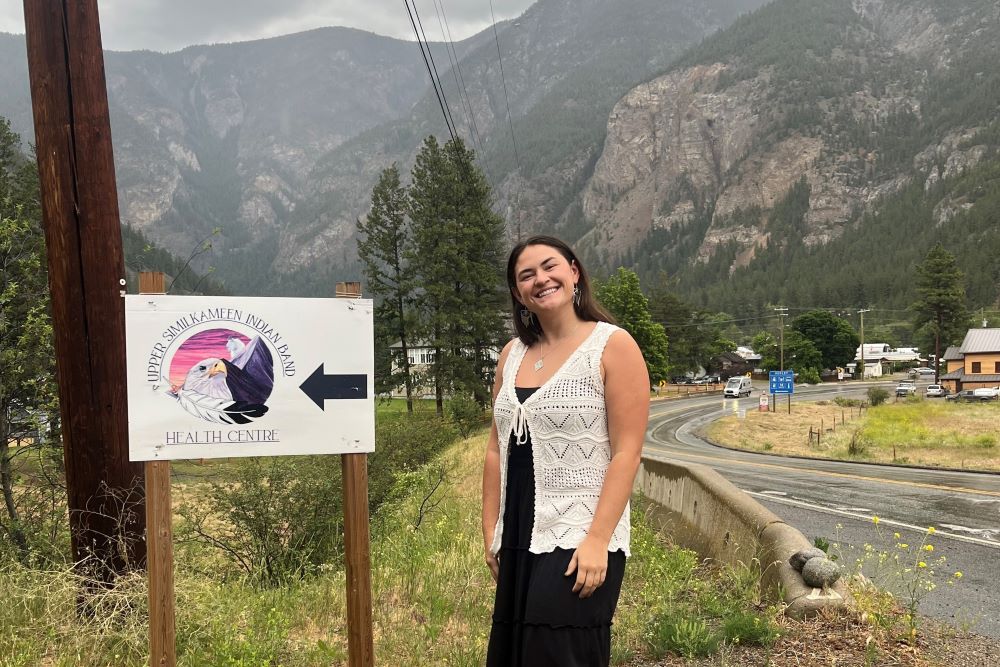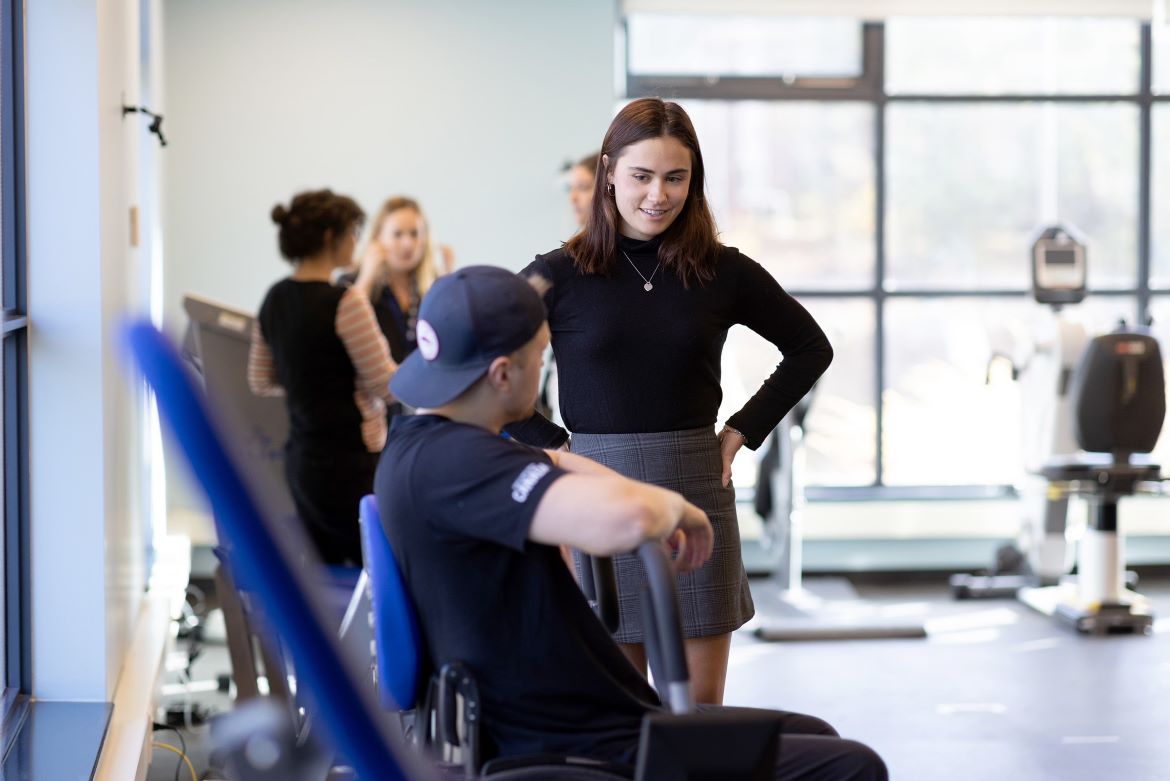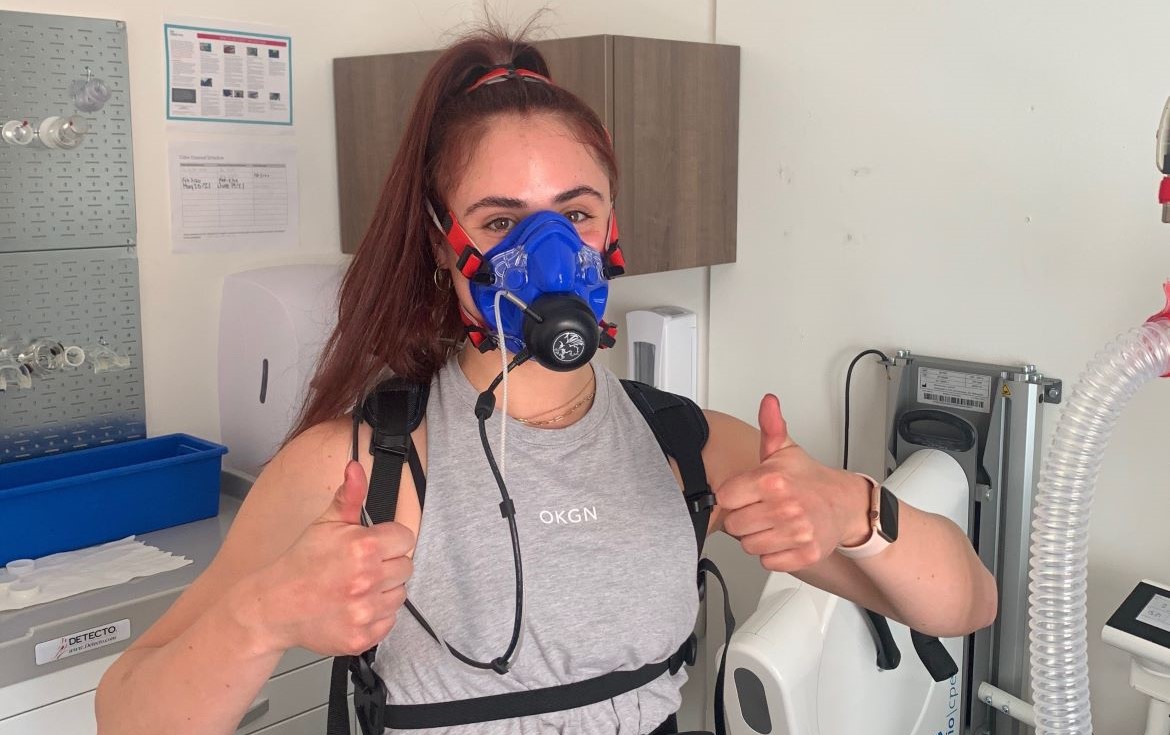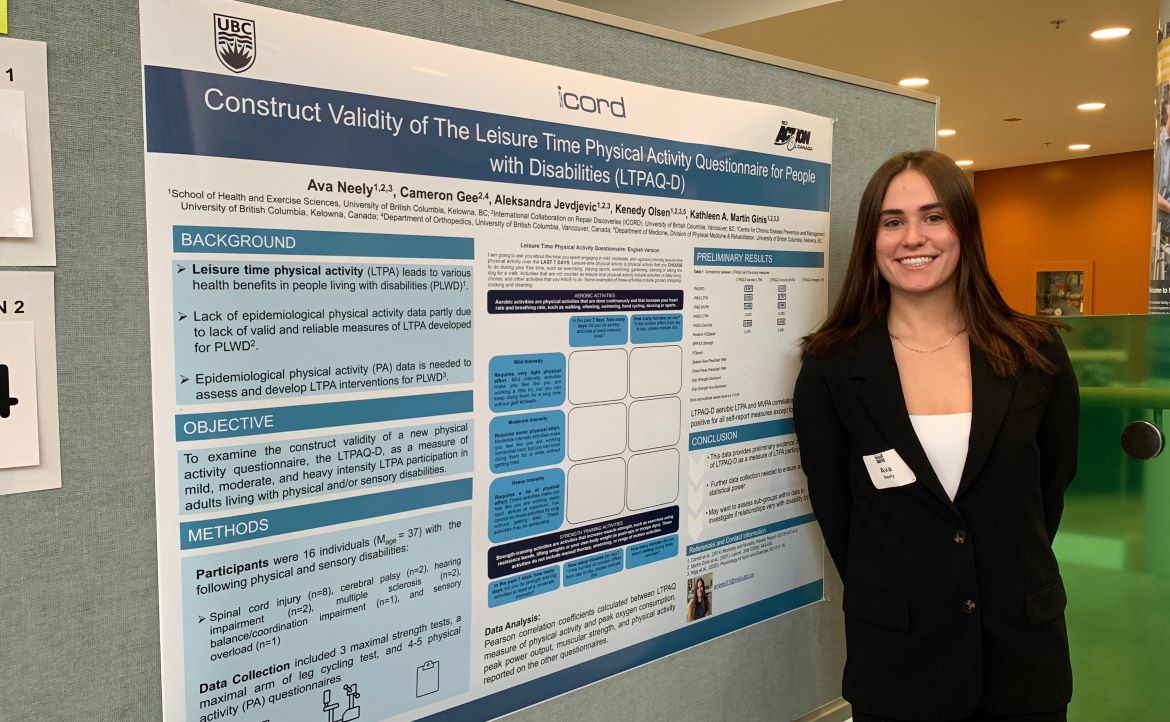As we enjoy the seasonal changes this winter, we are reminded of the beauty of crisp mornings and winter activities. From an instructor’s viewpoint, this offers us an opportunity to reflect back on what we have taught thus far this year, and on what our students are learning from us. In this newsletter, we aim to share a little about what we have been doing in the School of Health and Exercise Sciences to intentionally embed teaching and learning about equity, diversity, inclusion, and decolonization (EDID) into the Bachelor of Health & Exercise Sciences curriculum (BHES).
Although knowledge about EDID is important for everyone, the development of EDID-related competencies is of particular importance for those who will work in areas of individual and community health, health education, and health-related research. All of these areas have a well-documented legacy of ongoing harm and discrimination against people from historically, persistently, and systemically marginalized groups (HPSMGs), including Indigenous, Black, and People of Color, people from the 2SLGBTQIA+ community, fat people, people with disabilities, women, and elders (Tam 2019, Turpel-Lafonde 2020).
“Over the next two years, we aim to revise the BHES curriculum to integrate the development of knowledge, skills, and attitudes that support equitable and anti-oppressive practice in HES-related professions.”
Indeed, most health professional organizations in Canada now state an expectation for practitioners to work safely and effectively with a diversity of colleagues and clients. Many have also connected this to a moral and social responsibility to move beyond inclusion towards anti-oppressive professional practice that will advance health equity for HPSMG and communities (Medical Council of Canada 2023, Young et al 2011).
However, explicit preparation for this task has received little attention in health professional training programs. In fact, there is no common understanding of the competencies (including knowledge, skills, and attitudes) that health professionals need to work inclusively and equitably with others.
The American Association of Medical Colleges recently released a set of developmental EDID competencies for physicians (2022). Although EDID competencies can also be identified in professional standards for registered nurses, social workers, and various other allied health professionals, no comprehensive set of EDID competencies has been defined for professional practice in HES-related fields. Moreover, there is no clear guidance on how to help learners develop those competencies.
Over the next two years, we aim to revise the BHES curriculum to integrate the development of knowledge, skills, and attitudes that support equitable and anti-oppressive practice in HES-related professions. This project has been funded through the UBCO Aspire-2040 Learning Transformations Fund and work is underway.
Successful completion of the project will include:
- Conducting a literature review and develop a draft set of EDID competencies based on priorities that have been identified in other health-related disciplines.
- Establishing an advisory panel of about 25 educators, practitioners, students, alumni, and community members, including individuals with specific knowledge of education and/or professional practice in the HES context, a diversity of lived experience, and a well-developed equity lens.
- Conducting a three-round Delphi consensus exercise with panel members to refine the draft set of EDID competencies.
- Testing the competencies on a relevant population of health professionals (for desirability) and educators (for feasibility) who are external to the advisory panel. The project team will incorporate feedback before presenting a final list to the Undergraduate Curriculum Committee for approval.
- Creating analytical rubrics for each competency with developmental descriptions of difference performance levels.
- Creating a curriculum map to identify the BHES courses where each competency will be introduced, reinforced, and assessed.
We’re taking an ambitious, program-level approach that involves collaboration across our School, partnership with community members, and support from HES Leadership and from the institution. It’s an exciting project, but efforts to embed EDID into curricula don’t need to be this daunting!
Mary Jung and Meaghan MacNutt
School of Health and Exercise Science
References
American Association of Medical Colleges. (2022) Diversity, Equity, and Inclusion Competencies Across the Learning Continuum. https://store.aamc.org/diversity-equity-and-inclusion-competencies-across-the-learning-continuum.html
Medical Council of Canada. (2023, March). Providing anti-oppressive health care. https://mcc.ca/wp-content/uploads/medical-expert-objectives-en.pdf
Tam, T. (2019). Addressing Stigma: Towards a More Inclusive Health System. Public Health Agency of Canada. https://www.canada.ca/content/dam/phac-aspc/documents/corporate/publications/chief-public-health-officer-reports-state-public-health-canada/addressing-stigma-what-we-heard/stigma-eng.pdf
Turpel-Lafond, ME. (2020). In plain sight: Addressing Indigenous-specific racism and discrimination in BC health care, full report. https://engage.gov.bc.ca/app/uploads/sites/613/2020/11/In-Plain-Sight-Full-Report.pdf
Young, I. M., Halvorson-Bourgeois, B., Maxwell, L., Nicholas, M., & Riotte, M. (2021). Anti-oppressive practice: An integral component of a graduate curriculum. Teaching and Learning in Communication Sciences & Disorders, 5(3)

